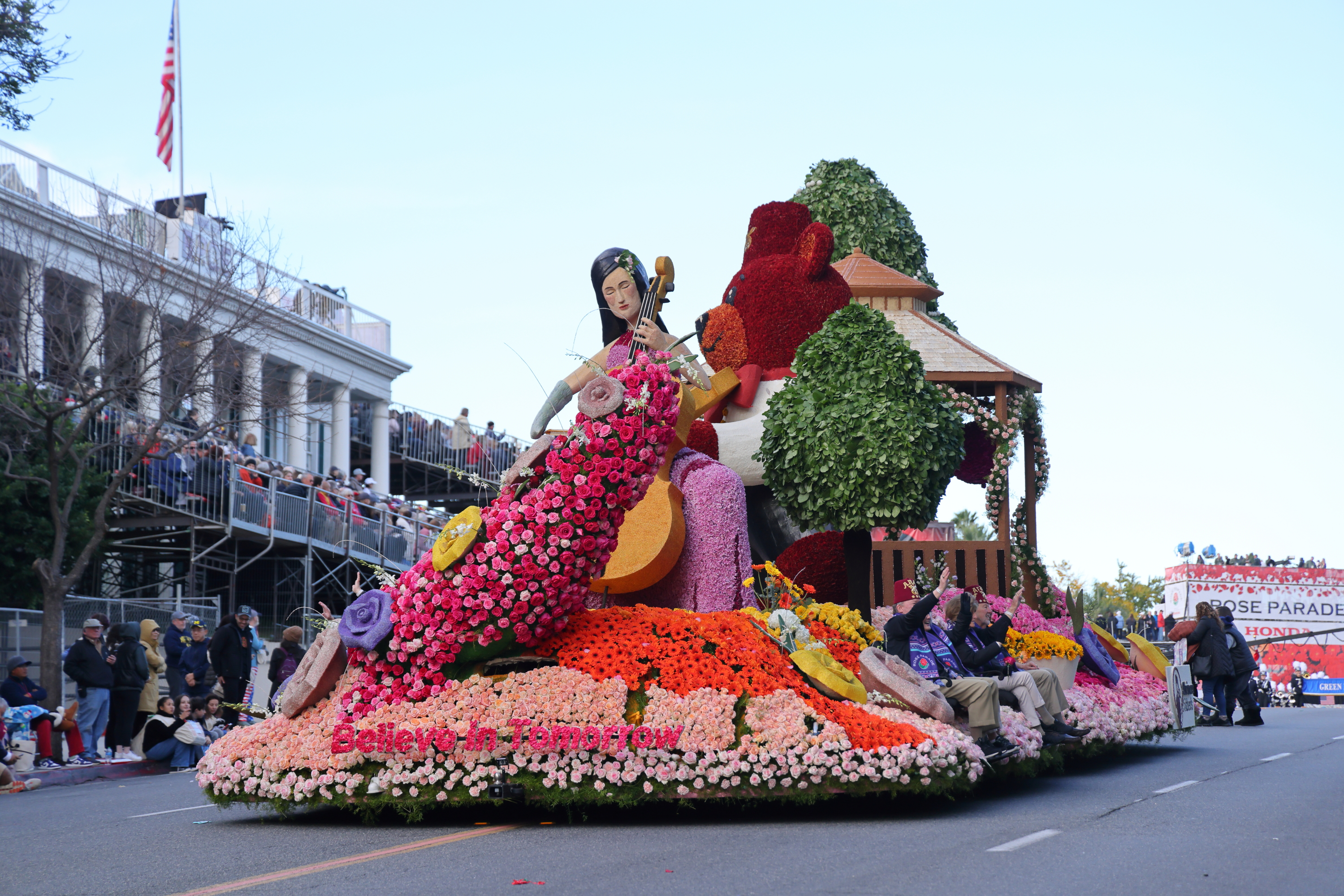Some San Francisco residents and workers are concerned after the city announced its plan for a “first-of-its-kind” sober living community in the area.
Some merchants in San Francisco's Chinatown, North Beach, and Jackson Square neighborhoods said they hadn’t heard about the plan until just a couple of days ago.
San Francisco Mayor London Breed has now admitted there was a mistake in communication and is working on a win-win solution for all.
Blindsided is how some merchants in and near San Francisco’s Chinatown said they’re feeling after Breed announced with other dignitaries last week, the city’s plan to fund a permanent sober living community in the area. It comes as the city tries to find a win-win for everyone as it grapples with a record 806 overdoses last year.
Get top local stories in Southern California delivered to you every morning. >Sign up for NBC LA's News Headlines newsletter.
But Chef Kathy Fang, whose family owns the legacy business House of Nanking on Kearny, said they have eked by during the pandemic.
“We’ve honestly been battered and suffered the last five years,” Fang said.
When Breed showed up to Hotel North Beach on Thursday, saying the city would be turning the single room occupancy, or SRO hotel into its first permanent housing sober living community, it was a shock to Fang and other merchants.
U.S. & World
News from around the country and around the globe
“A little bewildered by it,” Fang said.
She asked why they and other business owners hadn’t heard about it and why this location.
“We can’t have something like this in our neighborhood right now because this can be that nail to our coffin,” Fang said.
The sober living community would sit between other shops and restaurants in Chinatown where Columbus and Kearny cross. To one side there is North Beach and the other Jackson Square, where Barbarossa Lounge owner Arash Ghanadan said he’s open to hearing what the city has to say, but right now, has worries about what this could mean for safety and more.
“Our employees our customers could be heavily and negatively impacted by this,” Ghanadan said. “You’re looking at putting sober housing right next to a lot of restaurants, a lot of the bars, it doesn’t seem like this is exactly the right place to house these people,” he said.
Breed admitted there was a mistake in communication with merchants, but has talked to business owners a couple of times since.
“It doesn’t matter where we go it is important for us, even if you know, there’s an agency we’re working with who decides they’re going to be a little bit more aggressive, we as a city still have a responsibility to talk to community because we have to build trust,” she said. “We also clarified what this would be if this happens and their options in terms of their input throughout this process to ensure that we’re showing the community respect."
The San Francisco Department of Homelessness and Supportive Housing would operate the 150 unit facility along with the Tenderloin Housing Clinic.
A Department of Homelessness and Supportive Housing spokesperson said it would get NBC Bay Area details Thursday about a public meeting, but didn’t in time for this publication. Others have said it could be happening sometime in mid to late March.
In the meantime, the clinic’s executive director Randy Shaw said they have been pushing for a permanent, sober living hotel for some time. He said the clinic runs other sober living hotels that have a 12-month process, but at the end of that period, people who have been sober have no where to live permanently sober.
“So we’ve been trying to find a place for a couple of years and then we found a place that has a lot,” he said.
Shaw added that tenants at this sober living community will be screened, have on-site supportive services, and 24 hour staff, who’ll also work on stopping illicit activity outside if need be.
“The population we’re bringing in is a law abiding population and people who’ve graduated successfully from sober living hotels so the idea that we’re bringing in some kind of population that’s going to be criminals is completely wrong,” he said.
Shaw added that people have asked why they don’t open a place in the Tenderloin or Sixth street.
“Others would say ‘Why in the world would you open a sober environment in an area where sobriety is challenged every time you walk out of your door?’” he said.
Shaw said it will cost the city about $3.7 million in the first year. He added if approved by the Homeless Oversight Commission in April, they would likely sign a long-term lease at Hotel North Beach that could be up to 20 years.



